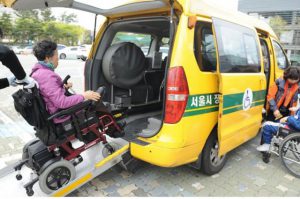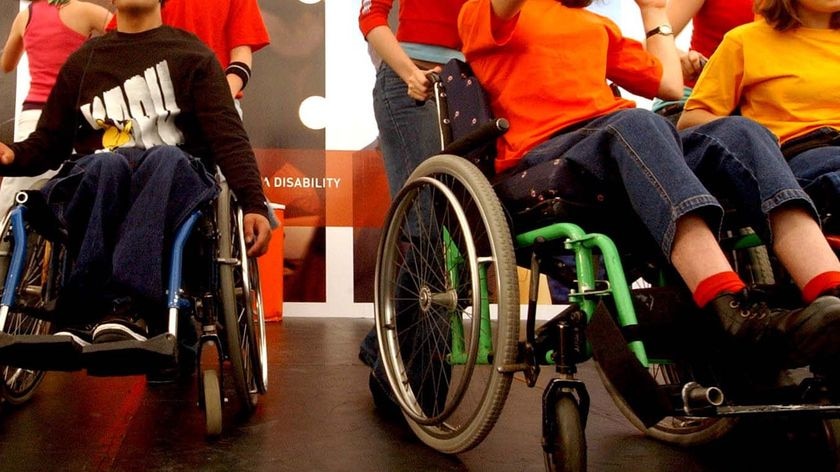Disability can be defined in many ways, depending on the society and the time. A disability can be either physical or mental, or a combination of both. Some people are born disabled, others acquire them throughout their lives.
How to Deal with Disability Discrimination
Ableism refers to discrimination and social rejection against those with physical disabilities and/or those who are considered to be physically handicapped. Ableism characterizes those who are considered to be inferior in comparison to the others, those who have a physical disability that limits some of their actions. These people are those who are considered to be less capable than others because of some reason. It also refers the intellectual disability services in which society members are not encouraged or empowered to take full ownership of their lives. This is the system that results in institutional life and the discrimination against people with developmental disabilities and it also leads to educational and societal exclusion.
How to Deal with Disability Discrimination
Discrimination is the refusal to allow persons with a particular disability (e.g. mental retardation, cerebral paralysis, blindness) to be active members of society. This can be done in many different ways. Some people may be required to wear certain clothes, use particular products or take their medication in certain facilities. Other forms of disability discrimination include the denial of an individual’s right to work or education. This can be based on gender, age, ethnicity or a combination thereof.
How to Deal with Disability Discrimination
There are four main categories of disabilities: physical disabilities, mental disabilities, situational disabilities and external icons. A physical disability is any condition that prevents a person from functioning normally in their normal environment. Examples of physical disabilities include muscular and skeletal conditions, impairments caused by diseases or infections as well as neurological problems and birth defects. Mental disabilities, on the other hand, refers to behavioral, cognitive and emotional In home care services Melbourne. A social disability is a bodily impairment that causes discrimination at work, school, or in any other social organization.
People with disabilities usually face several forms of disability discrimination. Physically challenged people often feel uncomfortable when they enter a classroom, are touched by someone with a disability, or are the center of attention during a discussion. Mental disability is also manifested in various ways in a person’s behavior and personality. Prejudice, also known as institutional prejudice, is the most obvious form of disability. It refers to the rejection of someone because of disability. Sometimes, disability can even be considered a barrier to the person’s equal success.
The main problem with disability discrimination is that it denies another person the same rights as other people. A person with muscular skeletal disabilities will have trouble doing office tasks and will be rejected for employment. His situation will be even more difficult if he has an old-age disability. It is thus important that people with a disability to take every step to ensure that they do not experience any form of disability discrimination.
The federal government has a responsibility towards disabled persons, and the Disability Discrimination Act regulates how organizations and employers respond to complaints of disability discrimination. The main provisions of Disability Discrimination Act are to allow people with disabilities to have equal opportunities in employment. Apart from providing them with a guaranteed job, the Act also protects their rights to get fair representation at work and to have their abilities respected. This ensures that all people with disabilities can live a normal, full life.
There are many businesses and organizations that cater to the special requirements of people with disabilities. Some organizations help people improve their work skills, while others offer job search assistance and employment placement services. Service centers for the disabled also provide a support system for people wishing to work. These service centers provide support for people who are disabled to obtain the equipment, information and support that they need to accomplish their job. They also help people make decisions about whether they can afford to hire specialists to assist with their work or whether it is better to do the job themselves.

